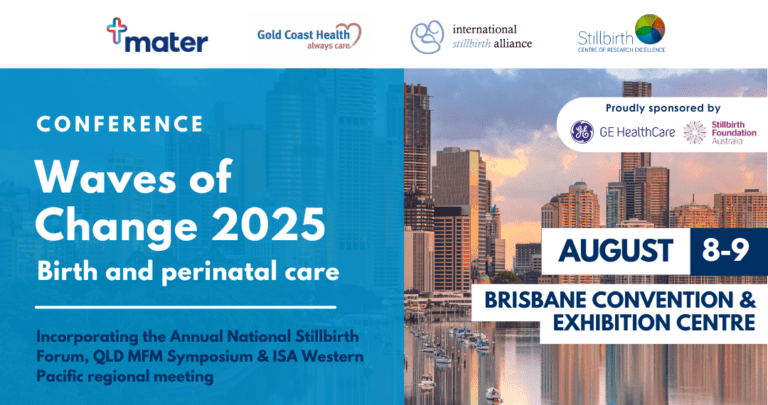
August 08, 2025
Waves of Change 2025
We are excited to announce that the 2025 ‘Waves of Change’ conference will take place on 8–9 August 2025 in Brisbane, Queensland. The theme of this year’s conference is ‘Birth and perinatal care’ and will combine the Stillbirth CRE’s Annual National Stillbirth forum and the QLD Maternal Fetal Medicine symposium for 2 days of learning […]
